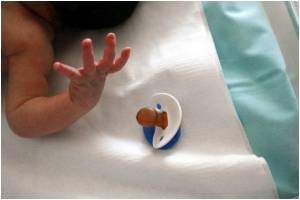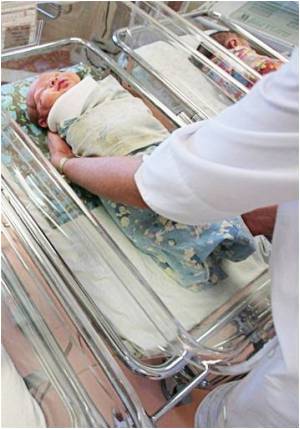The journal Ultrasound in Obstetrics & Gynaecology publishes that the survival rate in severe cases of congenital diaphragmatic hernia (CDH) is improved by foetal tracheal occlusion (FETO).

Researchers led by Rodrigo Ruano, MD, PhD, of the Faculdade de Medicina da Universidade de Sao Paulo, in Sao Paulo, Brazil, conducted a randomized trial between May 2008 and July 2010 to compare the safety and efficacy of FETO for the treatment of severe isolated CDH.
Twenty patients were assigned randomly to undergo FETO and 21 patients were assigned to no prenatal intervention (control).
FETO was performed between 26 and 30 weeks' gestation following a well-established protocol under maternal epidural anesthesia.
Delivery occurred at 35.6+2.4 weeks in the FETO group and at 37.4+1.9 weeks in the control group.
In an intention-to-treat analysis, results found that 10 of the 20 (50.0%) infants in the FETO group and one infant out of 21 (4.8%) in the control group survived. The findings demonstrate that FETO improves the chance of surviving after birth from less than 5% without this treatment to about 50% after this treatment.
Advertisement
"The present study allows the establishment of this treatment as standard care for severe forms of congenital diaphragmatic hernia," Ruano concludes.
Advertisement















